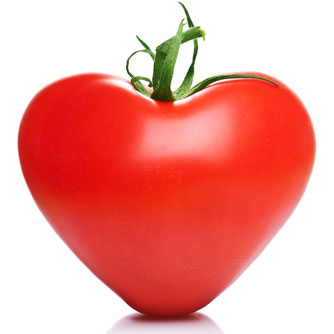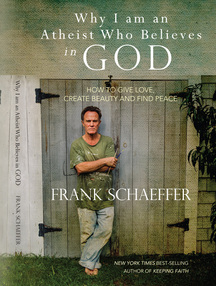 Scientists and theologians can’t offer better than circular arguments, because there are no other kinds of arguments. Bible believers quote the Bible, and scientists quote other scientists. How do either scientists or theologians answer this question about the accuracy of their conclusions: “In reference to what?”
Scientists and theologians can’t offer better than circular arguments, because there are no other kinds of arguments. Bible believers quote the Bible, and scientists quote other scientists. How do either scientists or theologians answer this question about the accuracy of their conclusions: “In reference to what?”
Our status as fallen sinners or diminished and newly humbled microbes is calculated in reference to biblical or scientific stories that are self-reinforcing. Is there a frame of reference relative to which we can define not just the motion of all things but also our experience of reality, even our meaning?
I refuse to be intimidated by theologians or scientists with their arbitrary scales of size, time and meaning.
My wife Genie bestows my meaning by listening. So do my grandchildren Lucy and Jack.
Science can’t predict what stories my children’s great grandchildren will tell. The ultimate story about the experience of our journey into consciousness is a closed book to theologians and scientists alike, but it is not a book without promise.
At this point we’ve barely cracked the introduction, and already smartass scientists and theologians pretend they know not just how the story started but how it ends—and worse—what it means or doesn’t mean.
Saying that my ability to encode and retrieve personal experiences, called episodic memory, is supported by the circuitry of my medial temporal lobe, is just another way to say that sometimes the taste of a fresh tomato brings tears to my eyes. It reminds me of the times my beautiful young mother handed me a ripe slice and said “Taste this darling!”
She’s gone but her love abides. And that love can be triggered and made alive by the sacrament of gardening and storytelling.
Saying that plants have a “level of intelligence that rivals ours” may be true, but do they pine for lost childhoods? Do they tell stories about experiencing life as a beautiful narrative? Do tears fall as they take a first bite of a plant they grew with their grandchild because they know how much their mother would have loved the moment? Does the color contrast of the fruit to the vine make them want to paint a picture?
I tell my grandchildren about what it was like to throw open the shutters on the first morning of our summer vacations in Italy while knowing that the entire holiday lay ahead of me. I tell them how I ran out of the pensione to be the first person on the beach each year. I tell them about watching the sun rising over a turquoise sea and how deliciously cold the wet sand felt under my feet. I tell them about how the taste of a fresh-picked tomato reconnects me to that time and place and to my darling mother. And as I hand Lucy a tomato just plucked from a vine she helped plant, her eyes sparkle as brightly as that far off sea.
My grandchild will remember this moment. And that is no small thing. I don’t need science or the Bible to tell me who I am. I know by looking into Lucy’s five-year-old-eyes as they sparkle with joy.
You’ve been reading an excerpt from –WHY I AM AN ATHEIST WHO BELIEVES IN GOD: How to give love, create beauty and find peace Chapter 16 — To read more go to Amazon and please buy my book in paperback for just $ 11.00 or on Kindle for only $3.99
Frank Schaeffer is a writer. His latest book —WHY I AM AN ATHEIST WHO BELIEVES IN GOD: How to give love, create beauty and find peace
Available now on Amazon
Follow Frank on Twitter www.twitter.com/frank_schaeffer
See Frank’s paintings http://www.frankschaefferart.com/
Follow Frank on Facebook https://www.facebook.com/frank.schaeffer.16
Contact Frank at http://www.frankschaeffer.com/













